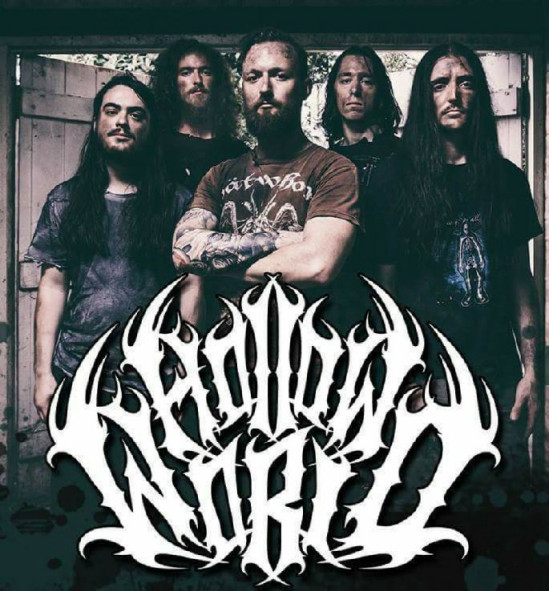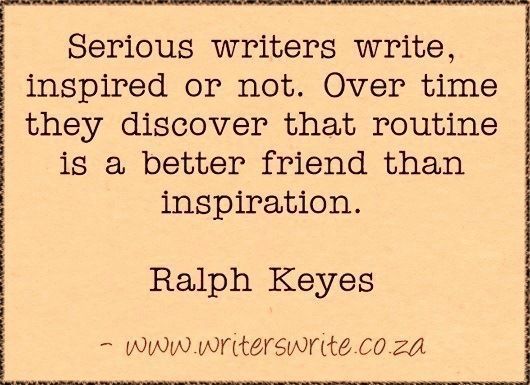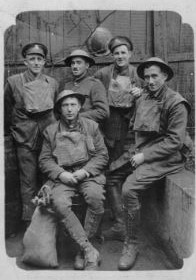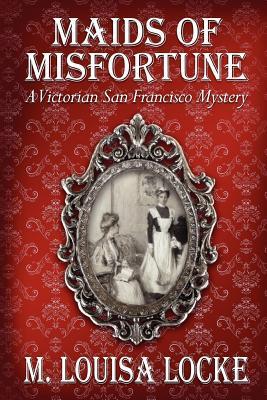Why is it so difficult to rank the top books of the year? First, I have to remember which books I actually read this last year. In reflecting on the question, I realized that some books that I thought I had just read, I actually read in 2015 or 2016. How time flies! Second, upon what basis are they being ranked? Are they being ranked for their quality, their enjoyment, or their impact on me? Third, while I tend toward “impact” in ranking the books, can one really measure the impact of the book within a matter of months? It could be years later that we realize the impact that a book had upon us.
So here is my best attempt to rank my top five books of 2017. The impact of each of these books is very different from the others on the list. For some the impact was primarily in the mind and for others it was a matter of the heart. Some changed the way I view what I already do and others changed what I do. So here they are in particular order.
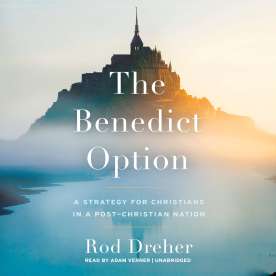
This is the book that I had the hardest time deciding if it should go on this list. It seems that few books since Rob Bell’s Love Wins have attracted as much criticism from evangelical Christians as The Benedict Option. Though after reading many of the negative reviews, my general response has been, “Did they even read The Benedict Option?” While the title might be the biggest road block for many, the heart of what Dreher is getting at, I believe, is a mere Christianity. After I finished the book, I realized that he hadn’t said much that was particularly profound. Essentially, what he had done was to call us back to the most basic components of the Christian Life such as prayer, reading the Scripture, involvement in the church, and most notably in the book—True Community. What was particularly encouraging to me about this book was to hear how a brother in Christ, in a tradition very different than my own (Orthodox), desires for the same things that I do—to know Christ and to make Him known.

This book may be the last that I read in 2017, but it has been a refreshing shot in the arm for a Calvinist like myself. Having become a Calvinist at the age of 19, I can see my own pride, anxiety, and anger at that time addressed on each page of Smith’s book. Years later, too much of that still lives on in my soul. In step with the book, over the years I have found myself less interested in “Calvinism” and more interested in what it mean to be Reformed in everyday life. This is the true heart of Smith’s book—a humble, God-entranced vision of all things, where unity and love are moved to primacy over predestinarian pet projects.
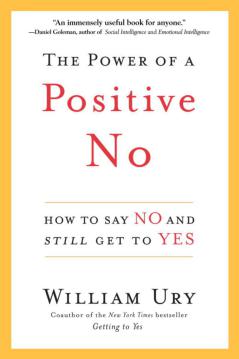
I have always had a hard time saying No in the right way and “feeling good about it.” Many of my No’s have been weak or seemed arbitrary. Master negotiator, William Ury, helped me get to the root of my anxiety around my No’s. They were not firmly established in a strong Yes! No’s are only strong and good when there is a deeper commitment—a Yes—that fuels them. This book has fundamentally changed the way I approach conflict.
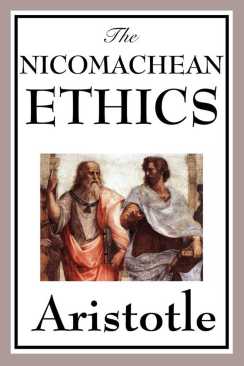
Arguably the third[1] most important figure in Western Civilization is Aristotle. As a disciple of Plato, much of his writing is a commentary on Plato/Socrates. Though there certainly are many new developments he contributes. If The Republic gives the closest account of what men without the Scripture can ascertain about the Just City, the Ethics gives the closest account of what men without the Scripture can ascertain about the Just Man.[2] Aristotle creates an ethic, using pure reason, that comes remarkably close to the ethic of the apostle Paul.

The Republic was far and away the most impactful book I read this past year. I was blown away by the way that Western Civilization is marked by Plato’s influence through and through. While Jesus Christ far and away changed history more than any other man. Plato (and Socrates, as they are difficult to distinguish) comes in a (very) distant second.[3] There were moments when I was brought to tears to see how close Plato comes to the gospel in his longing for the Good. He recognized that only a “god-man” could truly rule the people justly and that that “god” had to be the furthest thing from Greek “gods” of his day. He also recognized that we must look to a city outside of this world as our model. He seems to truly long for a city whose Builder and Architect is God. I find myself bringing this book up in many conversations about a variety of things—recently in sharing the Gospel with an unbeliever, who is searching for the Truth.
I hope this has been helpful! My goal for next year is to add more fiction to this list!
[1] Or fourth if you separate Socrates from Plato; or the seventh if you read the footnote below on Plato.
[2] For these philosophers, reflecting upon the Just City and the Just Man are one in the same. So this sentence is a bit contrived, but hopefully maintains rhetorical value.
[3] Now that I reflect on this, it seems rather easy to put Adam, Noah, and Abraham ahead of Plato, but I’m going to leave this sentence as is for hyperbolic effect.
Share this: